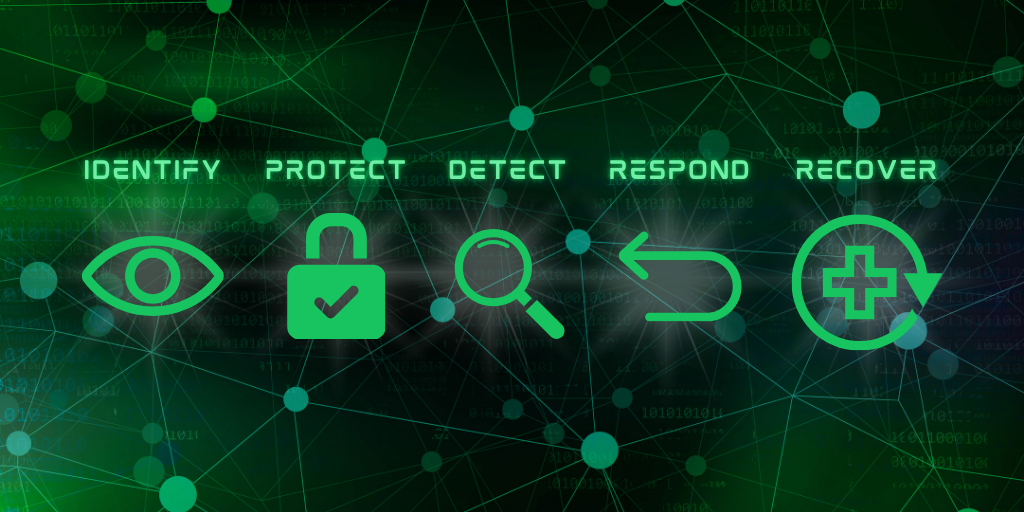Secure Messaging Practices for Small Businesses
Small businesses must prioritize secure messaging to protect sensitive information and maintain customer trust.
1 min read
.jpeg) Michael Markulec
:
Apr 8, 2024 8:00:00 AM
Michael Markulec
:
Apr 8, 2024 8:00:00 AM

The electric vehicle (EV) sector is undoubtedly rising, representing a significant shift in the automotive landscape. However, amidst the excitement surrounding this transformation, there lurks a shadowy threat that has the potential to undermine the very foundations of this burgeoning industry: cyber threats. While concerns like "range anxiety" and vehicle performance in extreme weather conditions often grab headlines, cybersecurity vulnerabilities remain largely overlooked.
In a world where technology reigns supreme, integrating digital systems into electric vehicles brings a host of cybersecurity challenges. Hackers, always looking for vulnerabilities, see EVs as prime targets due to their increasing reliance on digital connections. From intercepting wireless signals to introducing malicious software through vulnerable charging stations, the avenues for cyberattacks on EVs are diverse and alarming.
With its intricate web of interconnected technologies, the EV ecosystem presents a systemic vulnerability to cyber threats. As EVs become more connected with charging infrastructure, grids, and other digital systems, the risk of cyberattacks escalates, potentially leading to widespread disruptions and compromising public safety. The recent surge in cybersecurity incidents in the automotive and mobility space underscores the urgency of addressing these threats.
One of the primary concerns is the exposure of EV charging infrastructure to cyberattacks. With the proliferation of EV charging stations connected to the grid, the attack surface widens, providing malicious actors ample opportunities to disrupt essential services. Even seemingly innocuous devices like home chargers can become targets, as demonstrated by the vulnerability of the Copper SB EV charger reported in Britain. Such incidents highlight the immediate risks and raise broader concerns about the resilience of critical national infrastructure.
The implications of a successful cyberattack on EVs extend far beyond mere inconvenience. Unlike traditional automotive issues, even minor hacks can have significant and life-threatening consequences. From compromising vehicle functionality to jeopardizing data privacy and user safety, the stakes are high in EV cybersecurity.
To address these challenges, the EV industry must prioritize cybersecurity as a core consideration in design and development processes. Integrating robust security measures into EVs and charging infrastructure from the outset is essential for building consumer trust and reliability. Additionally, industry-wide collaboration and adherence to stringent security standards are critical for mitigating cyber risks and ensuring the long-term sustainability of the EV revolution.
As we embrace the era of the software-defined automobile, the importance of cybersecurity in the EV ecosystem cannot be overstated. It is not merely a matter of protecting digital infrastructure but safeguarding the future of mobility and ensuring the safety and security of individuals worldwide. By acknowledging the gravity of cyber threats and taking proactive measures to address them, the EV industry can pave the way for a safer, more resilient transportation future.

Small businesses must prioritize secure messaging to protect sensitive information and maintain customer trust.

In an era of ever-evolving cyber threats, small businesses can adopt the NIST Cybersecurity Framework to achieve robust cybersecurity without...

Phishing attacks are becoming increasingly sophisticated, posing a significant threat to businesses of all sizes. Implementing key strategies can...